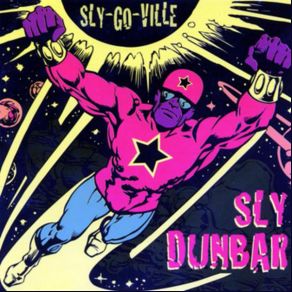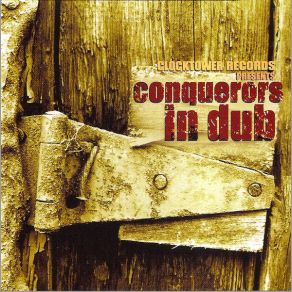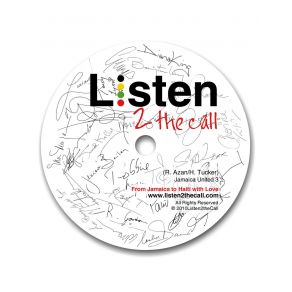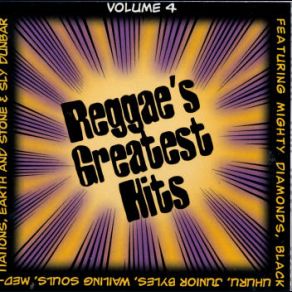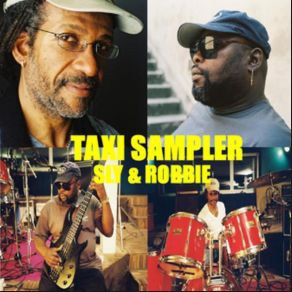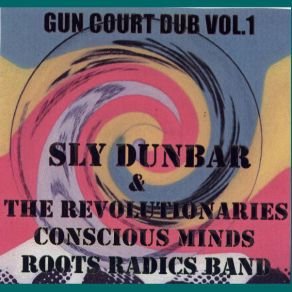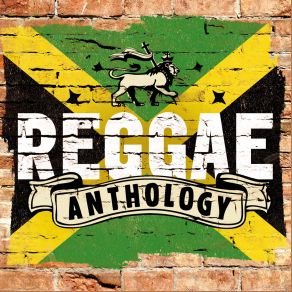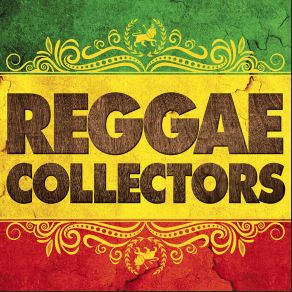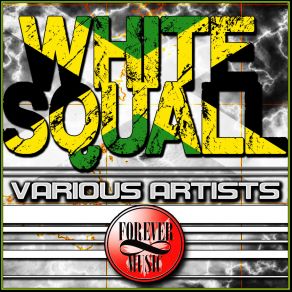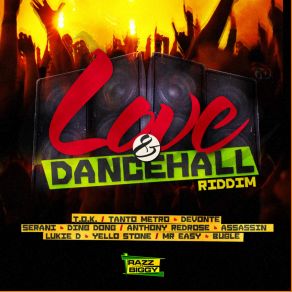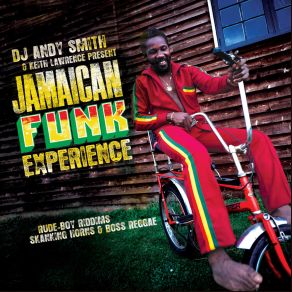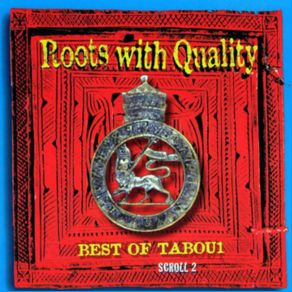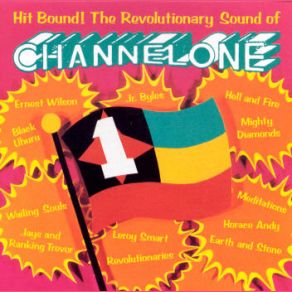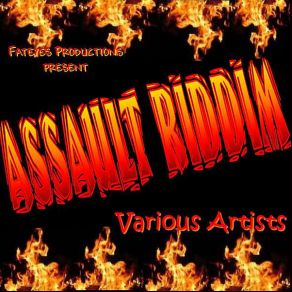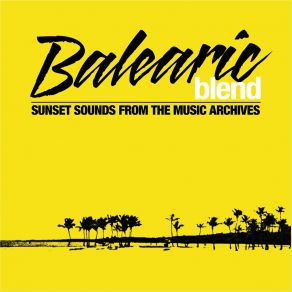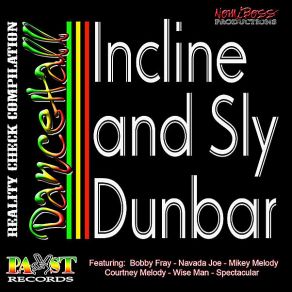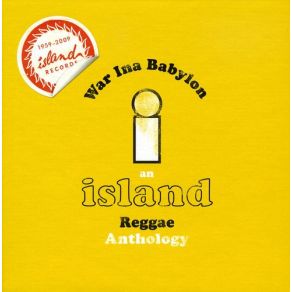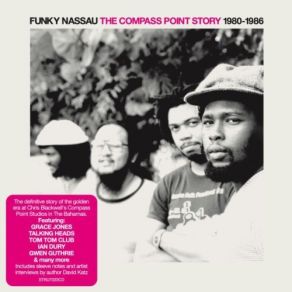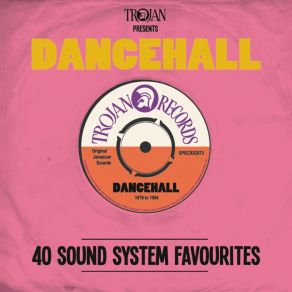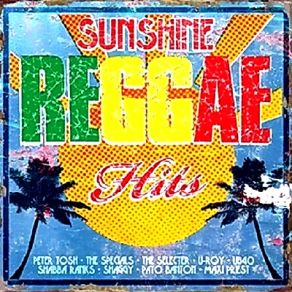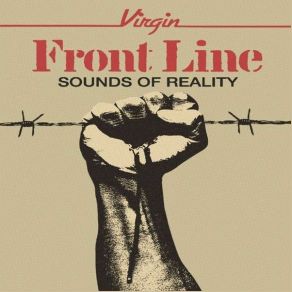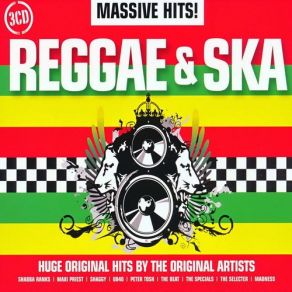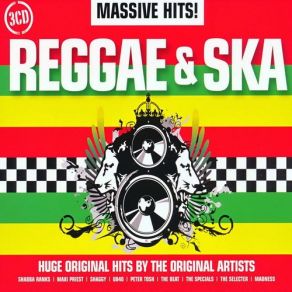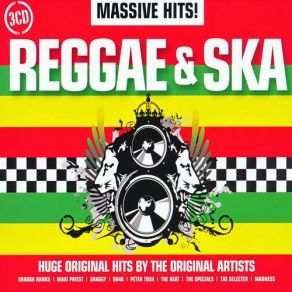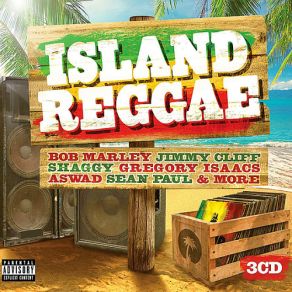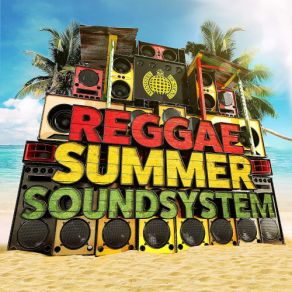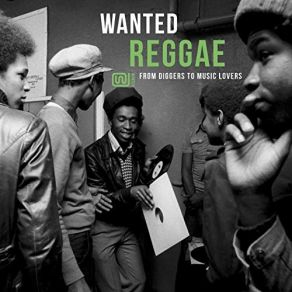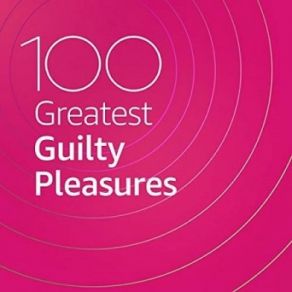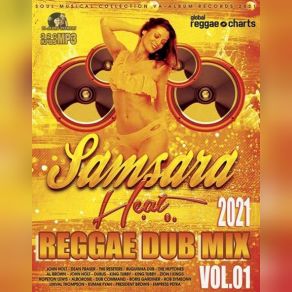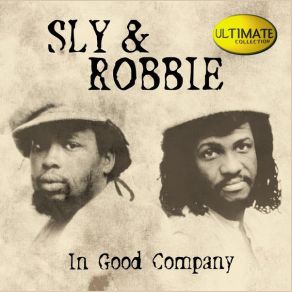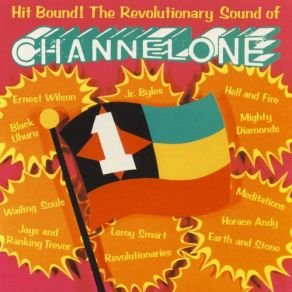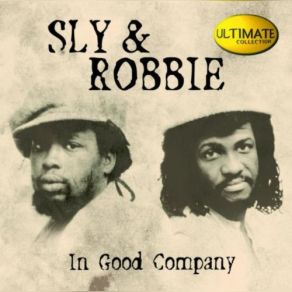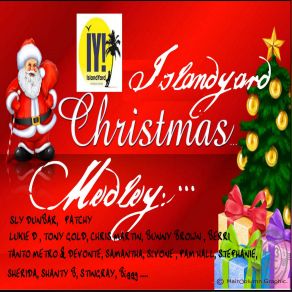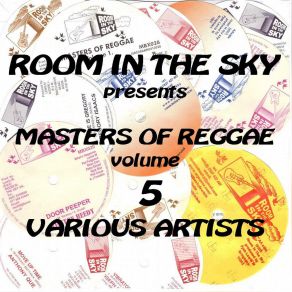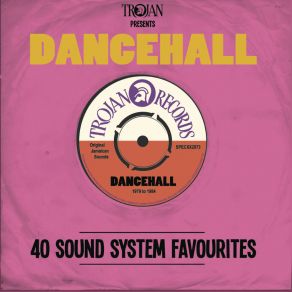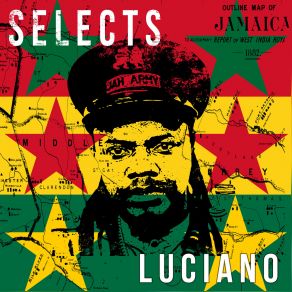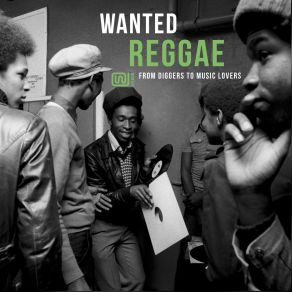Sly Dunbar
Wikimp3 information about the music of Sly Dunbar. On our website we have 6 albums and 41 collections of artist Sly Dunbar. You can find useful information and download songs of this artist. We also know that Sly Dunbar represents Reggae genres.
Biography
[Edit]The foundations of Jamaica's drumming style were set by the innovative playing of Sly Dunbar (born: Lowell Fillmore Dunbar). As one-half of the Riddim Twins, Dunbar joined with bassist Robbie Shakespeare to provide the rhythm section and/or production for recordings by reggae artists including Peter Tosh, Black Uhuru, the Mighty Diamonds, and U-Roy and non-Jamaican performers including Bob Dylan, Grace Jones, the Rolling Stones, Joe Cocker, Ian Dury, Herbie Hancock, Maxi Priest, Cindy Lauper, Carly Simon, KRS-One, and Queen Latifah. Sly & Robbie's own albums include Friends, which received a Grammy award as "Best Reggae Album" in 1999. On his own, Dunbar has recorded four solo albums — Simply Sly Man in 1976, Sly, Wicked and Slick in 1977, Sly Go Ville in 1982, and Reggae Drumsplash, an encyclopedic exploration of Jamaican rhythms that includes 843 sampled loops, in 1997. According to Keyboard Magazine, "(Dunbar's) electro/acoustic shuffles and stomps are second to none".
Dunbar's earliest inspiration for playing the drums was sparked while watching Lloyd Knibbs and the Skatalites on television. During a 1997 interview, he recalled, "I saw (Knibbs) playing and I thought, 'I want to be a drummer' because he's the hardest worker in the band. He's my idol! In some ways, I'm self-taught but I got a lot of help from other drummers by watching them play."
Dunbar, whose nickname was reportedly given to him for his passion for Sly & the Family Stone, launched his musical career while still in his teens, playing with a local group, the Yardbrooms at the age of 15. His recording debut came, in 1969, when he appeared on an album, Double Barrel, by Dave and Ansell Collins. He subsequently continued to play with Ansell Collins in a band, Skin, Flesh and Bones.
Meeting Robbie Shakespeare, then playing bass for the Hippy Boys, in 1972, Dunbar began a life-long friendship.When Shakespeare was asked to recommend a drummer for a recording session for producer Bunny Lee's Aggrevators, he remembered Dunbar. Following the session, Dunbar and Shakespeare agreed to keep working together.Their first break came when they accompanied Peter Tosh on his album, Legalize It!, in 1976. The duo continued to play with Tosh's band until 1979, recording four additional albums — Equal Rights, Bush Doctor, Mystic Man, and Wanted: Dread And Alive, and producing Tosh's hit duet with Mick Jagger, "(Keep On Walking) Don't Look Back)," in 1978. According to legend, the duo lived on bread and water while touring with Tosh, to save enough money to start their own production company. Their persis tance paid off. Shortly after leaving Tosh's group, Dunbar and Shakespeare launched Taxi Productions and formed a studio band, The Taxi All-Stars.Their first session yielded a number one Jamaican hit, "Soon Forward," for Gregory Isaacs.
Dunbar and Shakespeare's most enduringcollaborationn has been with Black Uhuru, with whom they've toured and produced six albums — Showcase, Red, Sinsemilla, Chill Out, Anthem, and Dub Factor. Among their earliest work with non-Jamaican artists were three albums — Warm Leatherette, released in 1980, Nightclubbing, released in 1981, and Living My Life, released in 1982 — by Grace Jones. In 1997, Dunbar and Shakespeare produced a chart-topping single, "Dancehall Queen," for Beenie Man and Chevell Franklyn.
Title: Listen2TheCall (Acoustic Mix)
Artist: Beenie Man, Wayne Marshall, Diana King, Barrington Levy, Maxi Priest, Junior Kelly, Beres Hammond, Junior Reid, Toots Hibbert, Marcia Griffiths, T. O. K., Nadine Sutherland, Robbie Shakespeare, Chevelle Franklyn, Tarrus Riley, Pam Hall, Sly Dunbar, Alaine, Earl " Chinna " Smith, Roy 'Gramps' Morgan, Mutabaruka, Carlene Davis, Bubble, Terry Lynn, Luciano, Cherlne Anderson, Susan Couch, Una Morgan, Jenieve Bailey, Brian Gold, Bo Peep, Harry " T "
Genre: Reggae
Collections
Title: Heartical & BDF Presents : The Know Myself Chronicles
Genre: Reggae
Title: Reggae's Greatest Hits, Vol. 4
Genre: Reggae
Title: Taxi Label Sampler
Genre: Reggae
Title: Gun Court Dub Vol.1
Genre: Reggae
Title: Gun Court Dub Vol. 2
Genre: Reggae
Title: Heartical Story, Vol. 1
Genre: Reggae
Title: Reggae Anthology 2015
Genre: Reggae
Title: Reggae Collectors
Genre: Reggae
Title: Heartical Story Vol. 2
Genre: Reggae
Title: Sly & Robbie Present Taxi
Genre: Reggae
Title: White Squall
Genre: Reggae
Title: Reality Check Compilation
Genre: Reggae
Title: Love & Dancehall Riddim
Genre: Reggae
Title: Roots With Quality Best of Tabou1, Scroll 2
Genre: Reggae
Title: Hit Bound! The Revolutionary Sound of Channel One
Genre: Reggae, World Music
Title: Cassava Piece Riddim
Genre: Reggae
Title: Assault Riddim
Genre: Reggae
Title: Balearic Blend
Genre: Pop
Title: Reality Check Compilation - Incline & Sly Dunbar
Genre: Hip Hop/R&B, Rap, Reggae
Title: War Ina Babylon An Island Reggae Anthology - CD3
Genre: Reggae
Title: Funky Nassau (The Compass Point Story 1980 - 1986)
Genre: Electronica, Rock, Reggae, World Music, Latin
Title: Sunshine Reggae Hits
Genre: Reggae
Title: Front Line - Sounds Of Reality (CD2)
Genre: Reggae, Roots Reggae, Dub
Title: Front Line - Sounds Of Reality (CD3)
Genre: Reggae, Roots Reggae
Title: Front Line - Sounds Of Reality (CD4)
Genre: Reggae, Roots Reggae
Title: Front Line Presents Dub (CD1)
Genre: Reggae
Title: Front Line Presents Dub (CD2)
Genre: Reggae
Title: Massive Hits! (Reggae & Ska) (CD1)
Genre: Reggae
Title: Massive Hits (Reggae & Ska) (CD2)
Genre: Reggae
Title: Massive Hits! (Reggae & Ska) (CD3)
Genre: Reggae
Title: Island Reggae Box Set, Explicit Lyrics 2018 (CD2)
Genre: Hip Hop/R&B, Rock, Reggae, Roots Reggae, Dub, Dancehall, Ska
Title: Ministry Of Sound - Reggae Summer Soundsystem 2019 (CD2)
Genre: Hip Hop/R&B, Rap, Jazz, Rock, Reggae, Roots Reggae, Dub, Dancehall, Ska
Title: Samsara Heat Vol. 01 (CD3)
Featuring albums
Title: Ultimate Collection: Sly & Robbie - In Good Company
Artist: Sly & Robbie
Genre: Reggae, Roots Reggae, Dub
Title: Channel One, Hit Bound -- The Revolutionary Sound
Artist: Various Artists
Genre: Reggae, World Music, Latin
Title: Sly & Robbie Ultimate Collection: In Good Company
Artist: Various Artists
Genre: Reggae, World Music, Latin


